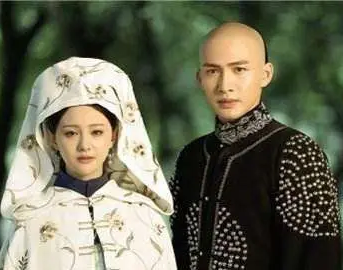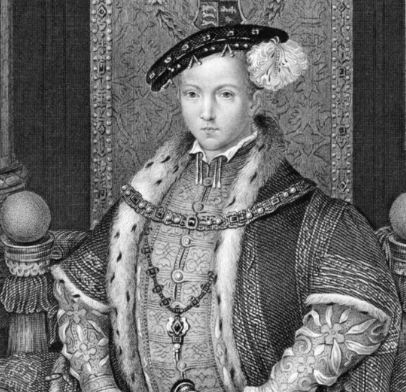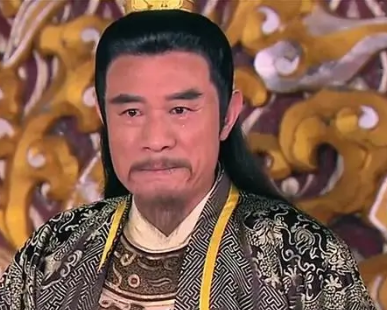Qin Dynasty, as the first unified multi-ethnic country in Chinese history, its political system and social organization have always been a hot topic for scholars to study. There are different views in the academic community regarding whether Qin Dynasty belongs to the feudal system. Based on authentic materials, this article will explore the political system of Qin Dynasty and its relationship with the feudal system.

I. Political System of Qin Dynasty
After unifying the Six Kingdoms, Qin Dynasty implemented a series of reform measures and established the centralized system of prefectures and counties. This system divided the country into several administrative regions, which were managed by officials dispatched by the central government. This political system helped strengthen the central government's control over local areas, improve administrative efficiency, and weaken the influence of local forces.
II. Definition of the Feudal System
The feudal system is a political system and social organization form whose core characteristics are private land ownership and a hierarchical system. Under the feudal system, the king or emperor granted land to vassals or nobles, who possessed actual control over the land and bore military, political, and economic obligations. At the same time, the social relations under the feudal system had strict hierarchical divisions, with dependency relations between different strata.
III. The Relationship between Qin Dynasty and the Feudal System
From the perspective of Qin Dynasty's political system, it does not fully conform to the definition of the feudal system. Although Qin Dynasty retained a certain aristocratic status, its main political system was the system of prefectures and counties, emphasizing centralization and the appointment of officials. In addition, Qin Dynasty implemented a series of legal and institutional reforms, such as unifying weights and measures and promoting the rule of law, which also differed from the hierarchical system and land distribution of the feudal system.
IV. Conclusion
In summary, although the political system of Qin Dynasty retained a certain aristocratic status, its core was the centralized system of prefectures and counties. Therefore, strictly speaking, Qin Dynasty does not belong to the feudal system. However, we should also recognize that the political system of Qin Dynasty was formed under specific historical conditions, with both inherited elements from previous systems and aspects of innovation and reform. Through studying the political system of Qin Dynasty, we can gain a better understanding of the evolution and development of ancient Chinese political systems.
Disclaimer: The above content is sourced from the internet and the copyright belongs to the original author. If there is any infringement of your original copyright, please inform us and we will delete the relevant content as soon as possible.
































